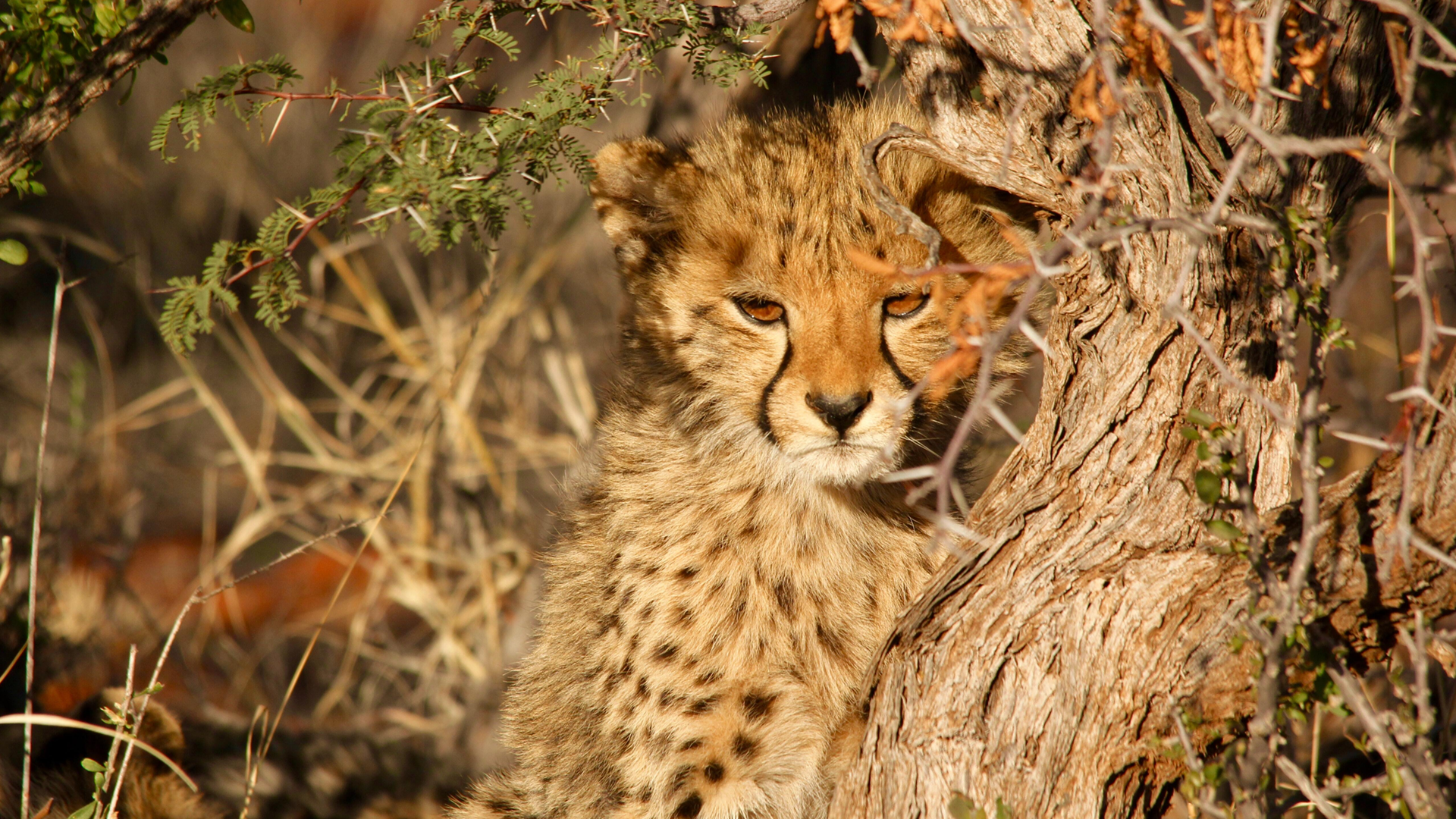Social media platforms are being utilised by dealers in the wildlife trade to connect with potential buyers. Despite Facebook imposing a ban on animal trafficking, the practice has increased online.
Like many businesses that were forced to develop a stronger online market presence due to the global pandemic, dealers in the illegal exotic animal and animal product trade have taken to social media to make sales.
Ivory from the tusks of elephants, pangolin scales, and shark fins are just a few standouts in the long list of illegal animal products being bought and sold on Facebook.
Live, exotic animals can also be bought in the marketplace section or within private groups on the website which are, for the most part, sparsely regulated. The sale of exotic animals poses a huge threat to global biodiversity. In places where trafficking occurs regularly, species population levels are declining up to 60 percent.
It’s concerning to look at the figures. At least 4,000 cheetahs were trafficked over the last ten years on the platform, while only 7,000 cheetahs are known to exist in the wild.
Endangered animals such as tiger cubs, rare species of birds, bears, and monkeys are also frequently advertised as for sale on Facebook.
Unfortunately, many of these animals will undergo extreme stress and other health problems during the transport and sale process – surviving not more than a few months.




















